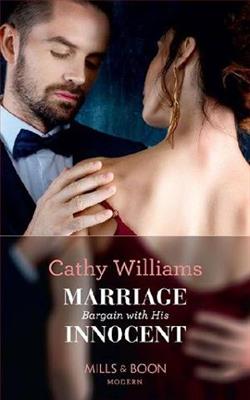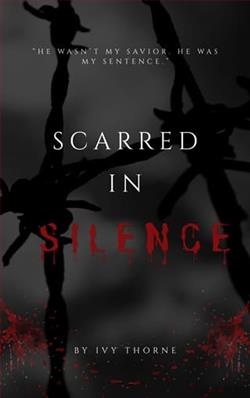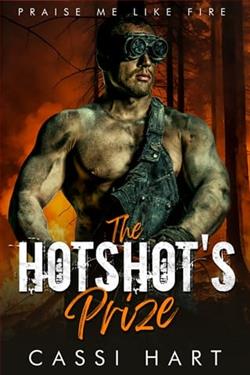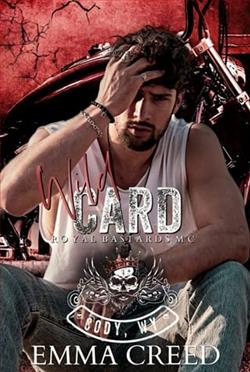Page 53 of The Paid Companion
He hadn’t been expecting that last desperate assault from his victim. The two old men had died so easily. He had assumed that the damned butler would be equally obliging.
When Ibbitts had flung himself at him, knife in hand, blood soaking the front of his shirt, it was as if a dead man had been shocked by an electricity machine into a semblance of life.
The sense of raw terror he had experienced was still upon him, rattling his nerves and clouding his usually well-focused brain.
Out in the darkened street the unlit hackney waited. The coachman huddled into his greatcoat, nursing his bottle of gin. The killer wondered if the man on the box had heard the pistol shots.
No, he thought. Highly unlikely. Ibbitts’s lodgings were at the back of the old, stone building, and the walls were thick. In addition there were several carriages in the street, rattling and clattering loudly.
If the coachman’s ears had picked up any sounds at all, they would have been greatly muffled.
For a second or two he hesitated, and then he decided that there was nothing to be concerned about in that quarter. The coachman was quite drunk and had little interest in his passenger’s activities. All he cared about was his fare.
Even if the driver were to grow curious or decide to talk to his friends in the tavern, there would be no risk, the killer thought as he bounded up into the cab of the vehicle. The hackney driver had never seen his face. The mask concealed his features quite adequately.
He dropped onto the worn cushions. The coach rumbled into motion.
The killer’s breathing gradually steadied. He reviewed the events of the past few moments, going over each twist and turn with his brilliantly honed, logical mind. Methodically he searched his memory for errors or clues that he might have inadvertently left behind.
Eventually he was satisfied that the matter was under complete control.
He was still breathing a little too fast; still a bit light-headed. But he was pleased to note that his nerves had calmed. He raised his hands in front of his face. There was no light inside the cab, so he could not see his fingers clearly, but he was fairly certain that they no longer trembled.
In place of the frantic sensation he had experienced after the unanticipated attack, waves of giddy excitement were now sweeping through him.
He wanted—no, heneeded—to exult in his great success. This time he would not go to the exclusive brothel he had used after he had killed George Lancaster and the other old man. He required a far more personal celebration, one that befitted his unfolding destiny.
He smiled in the darkness. He had anticipated the need to savor this thrilling achievement and had planned for it, just as he had planned all of the other aspects of the business.
He knew exactly how he would mark this bold triumph over his opponent.
18
The old man gazed into the crackling fire, one gouty foot propped on a stool, a glass of port in his gnarled fingers. Arthur waited, his arms resting on the gilded sides of his chair. The conversation with his companion had not gone smoothly. It was obvious that for Lord Dalling time had become a deep pool in which the currents of the past and the present were intermingled, rather than a river that ran in only one direction.
“How did ye happen to learn of my interest in old snuffboxes, sir?” Dalling asked, frowning in a befuddled manner. “Collect ’em yourself, do ye?”
“No, sir,” Arthur said. “I visited several shops that specialize in selling fine snuffboxes and asked for the names of those clients the proprietors considered their most knowledgeable customers. Your name came up in several of the best establishments.”
There was no need to add that it had been considerably more complicated obtaining the old man’s current address. Dalling had not made any additions to his snuffbox collection in years, and the shopkeepers had lost track of his whereabouts.
In addition, the elderly gentleman had moved two years previously. Most of his contemporaries were either dead or suffering great gaps in their memories and could not remember the location of their old friend’s new lodgings. But fortunately one aging baron who still played cards every night at Arthur’s club had recalled Dalling’s new street and number.
They sat together in Dalling’s library. The furnishings and the books on the shelves dated from another era, as did their owner. It was as if the past thirty years had never happened, as if Byron had never written a word, as if Napoleon had not been defeated, as if men of science had not made astonishing strides investigating the mysteries of electricity and chemistry. Even his host’s tight breeches dated from another time and place.
The tall clock ticked heavily in the silence. Arthur wondered if his last question had sent his companion back into the murky depths of the pool of time, never to resurface.
But Dalling stirred at last. “A snuffbox set with a large red stone, you say?”
“Yes. With the name Saturn worked into the design.”
“Aye, I recall a box such as you describe. An acquaintance carried it for years. Quite a lovely little box. I recall once asking him where he had purchased it.”
Arthur did not move for fear of distracting the old man. “Did he tell you?”
“I believe he said that he and some companions had commissioned a jeweler to create three similar boxes, one for each of them.”
“Who was this gentleman? Do you remember his name?”















